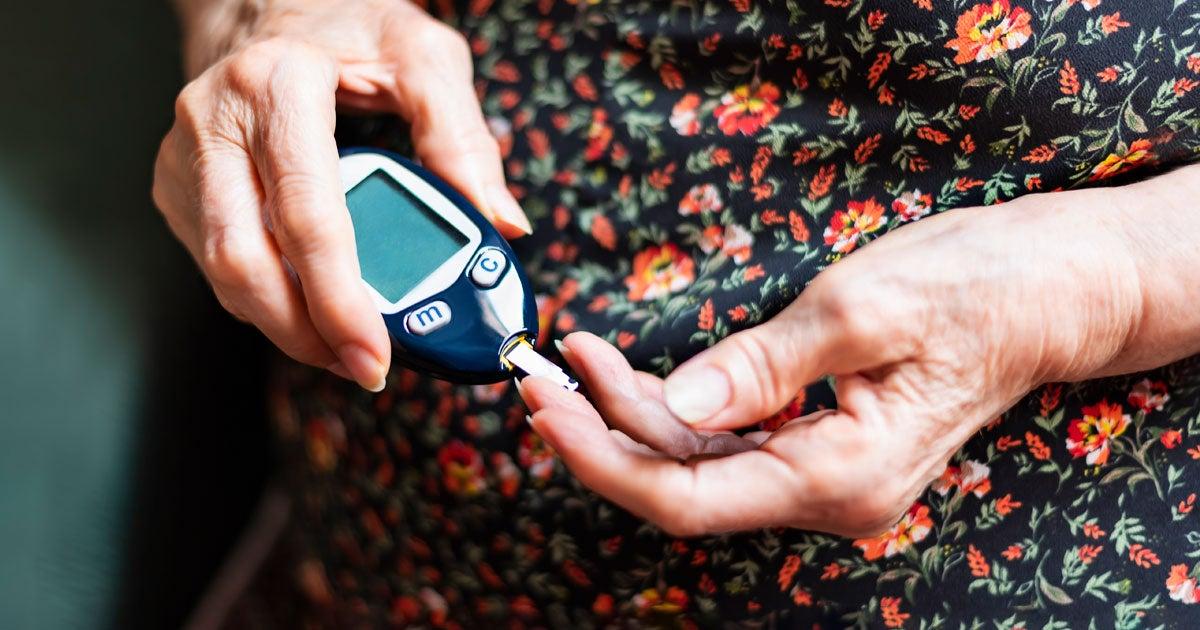Chronic Diseases

What Is Chronic Disease Self-Management?
Older adults are disproportionately affected by chronic conditions such as diabetes, arthritis, and heart disease. Learn more about chronic disease self-management, a low-cost program that helps people with chronic diseases learn how to manage and improve their health.

Managing Multiple Chronic Conditions?
Chronic diseases affect quality of life, especially if you're managing multiple conditions. Get help with this the tracking tool that can be adapted to meet the needs of any older adult or caregiver who's assisting someone with their health care needs.

More Stories
Getting the Care You Need via Telemedicine
Oct 23, 2025
Does Vitamin Deficiency Cause Hair Loss?
Sep 23, 2025






